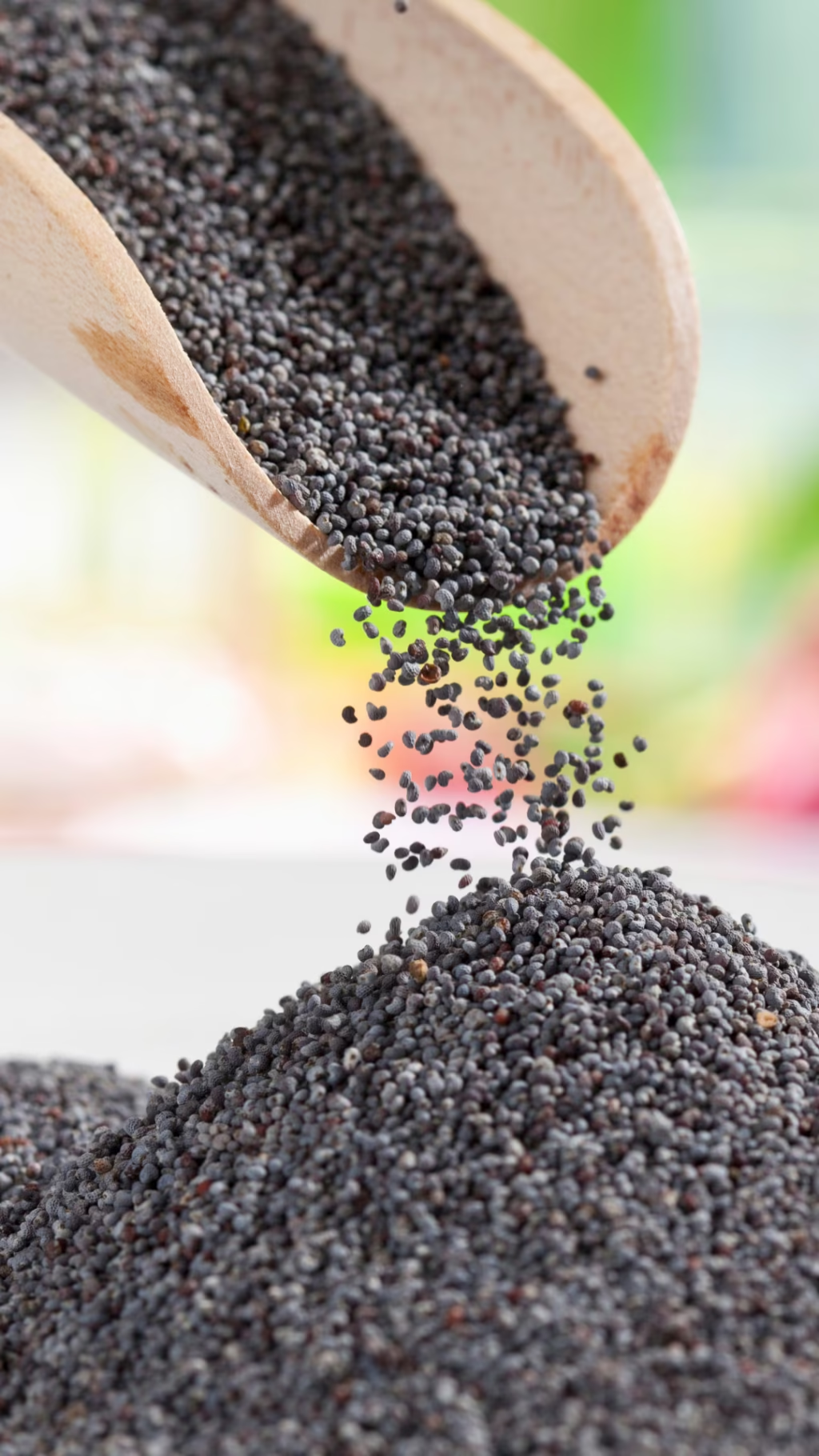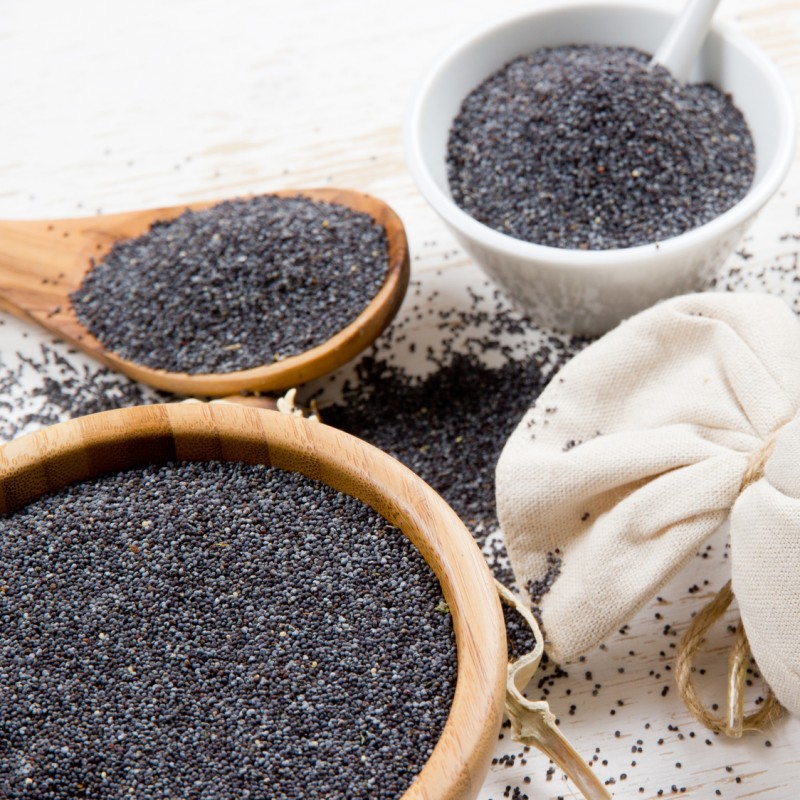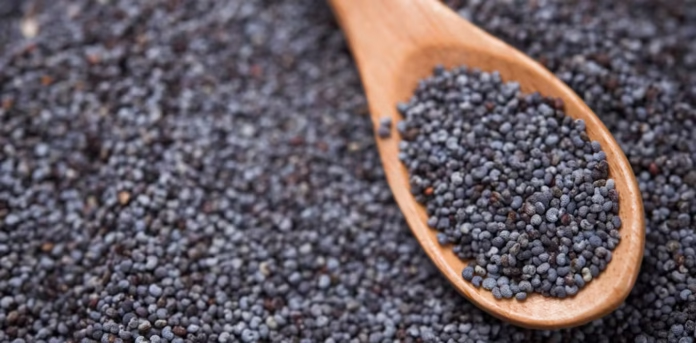INTRODUCTION:

Mexican Poppy Seeds come from the Argemone mexicana plant, known for its bright yellow flowers and thorny leaves. The seeds are used in traditional medicine for their pain-relieving, anti-inflammatory, and laxative properties. However, they can be toxic if consumed in large amounts. Use is recommended only under professional guidance.
English: Mexican Poppy / Prickly Poppy
Urdu: ستیناسی (Satyanasi)
Hindi: सत्यानाशी (Satyanashi)
Punjabi: ਦਰੂਂਡੀ / دارونڈی (Darundi)
Sanskrit: हेमकण्टक (Hemakantaka), कटुपर्णी (Katupārṇī)
Arabic: الخشخاش المكسيكي (Al-Khashkhash Al-Meksiki)
Tamil: கடுகு முல்லி (Kadugu Mulli)
Telugu: బ్రహ్మదంధి (Brahmadandi)
Malayalam: കട്ടുമുള്ളി (Kattumulli)
Kannada: ಕಡುಸೋಪ್ಪು (Kadu Soppu)
Bengali: শতিয়ানাসি (Shatianashi)
HEALTH BENEFITS:

Skin conditions:
The yellow sap from the plant has been used topically for skin issues like warts and eczema.
Pain relief:
In some traditional practices, the seeds were used for pain, toothaches, and colic.
Antiparasitic:
The plant has been used to treat intestinal worms and other parasitic infections.
Asthma and cough:
Mexican poppy has been historically used as an expectorant for coughs and other chest complaints.
Anti-inflammatory:
May help manage inflammatory conditions.
Pain Relief:
Used to treat toothache, kidney pain, and other aches.
Respiratory Health:
Traditionally used to help with respiratory issues.
Skin Health:
Applied for skin infections, rashes, and spots.
Digestive Health:
Used as a remedy for constipation and other digestive problems.
Antimicrobial:
Possesses properties that can help fight infections, particularly dental ones.
Liver Health:
Aids in liver detoxification and hepatoprotective activities.
Antidiabetic:
May be useful in managing certain aspects of diabetes.
SIDE EFFECTS:

Slow heartbeat.
Discolored edges around the mouth.
Discolored fingernails.
Discolored skin that’s cool to the touch.
Sleepiness.
Confusion
HOW TO USE:

For Constipation (Laxative):
A pinch of powdered seeds mixed with honey or warm water.
Taken once a day – not more than 2-3 days.
For Skin Diseases (External Use):
Seed oil or paste applied on itchy skin, scabies, or wounds.
Wash off after 20–30 minutes.
For Joint Pain (Massage Oil):
Seed oil mixed with mustard oil.
Warm slightly and massage on affected joints.
For Cough or Asthma:
In some Unani and Ayurvedic formulations, very small quantities are included to ease cough and bronchial congestion.
Caution:
Never consume raw or large quantities of seeds.
Seeds contain toxic alkaloids (sanguinarine) that can cause poisoning.
Avoid during pregnancy, lactation, or if you have liver/kidney issues.




